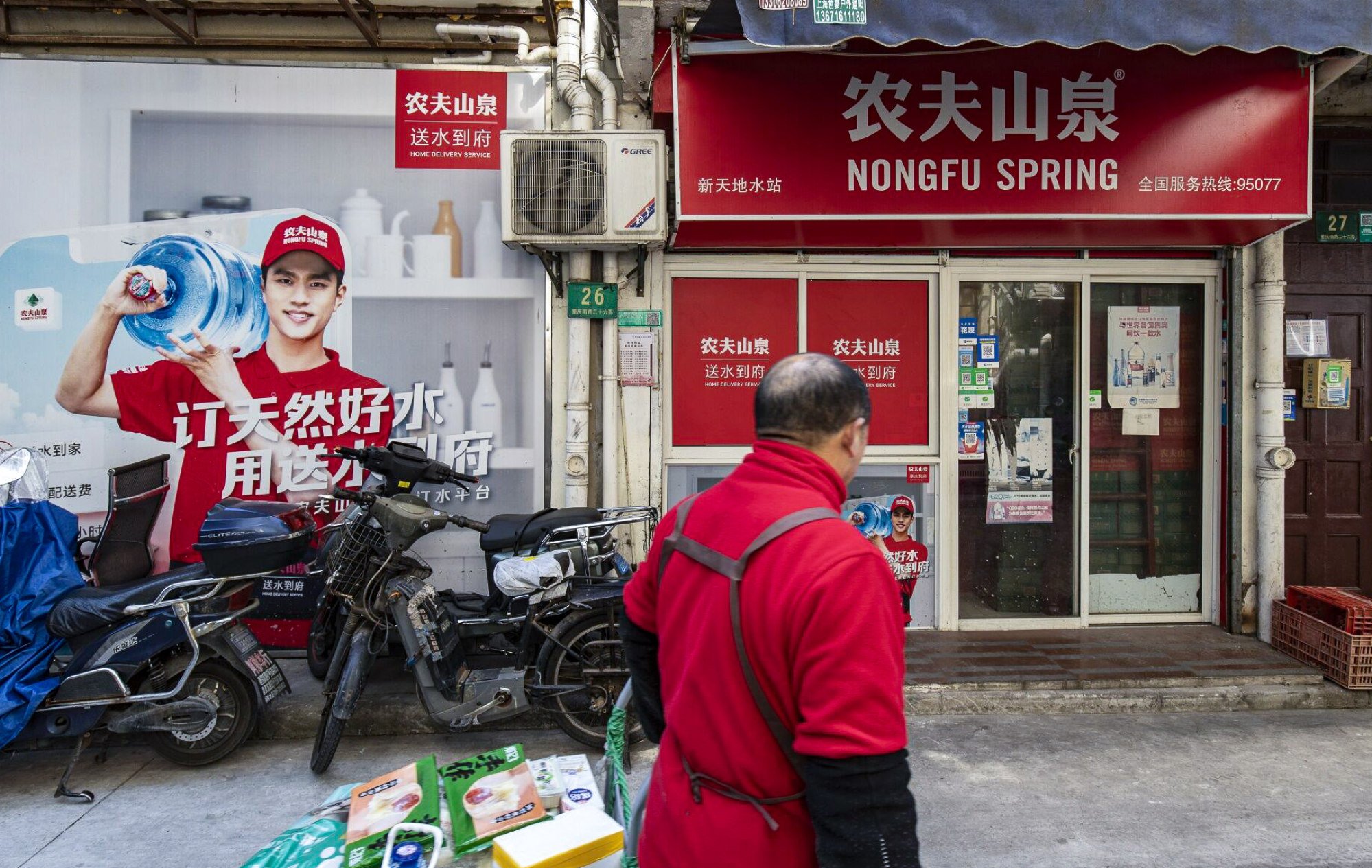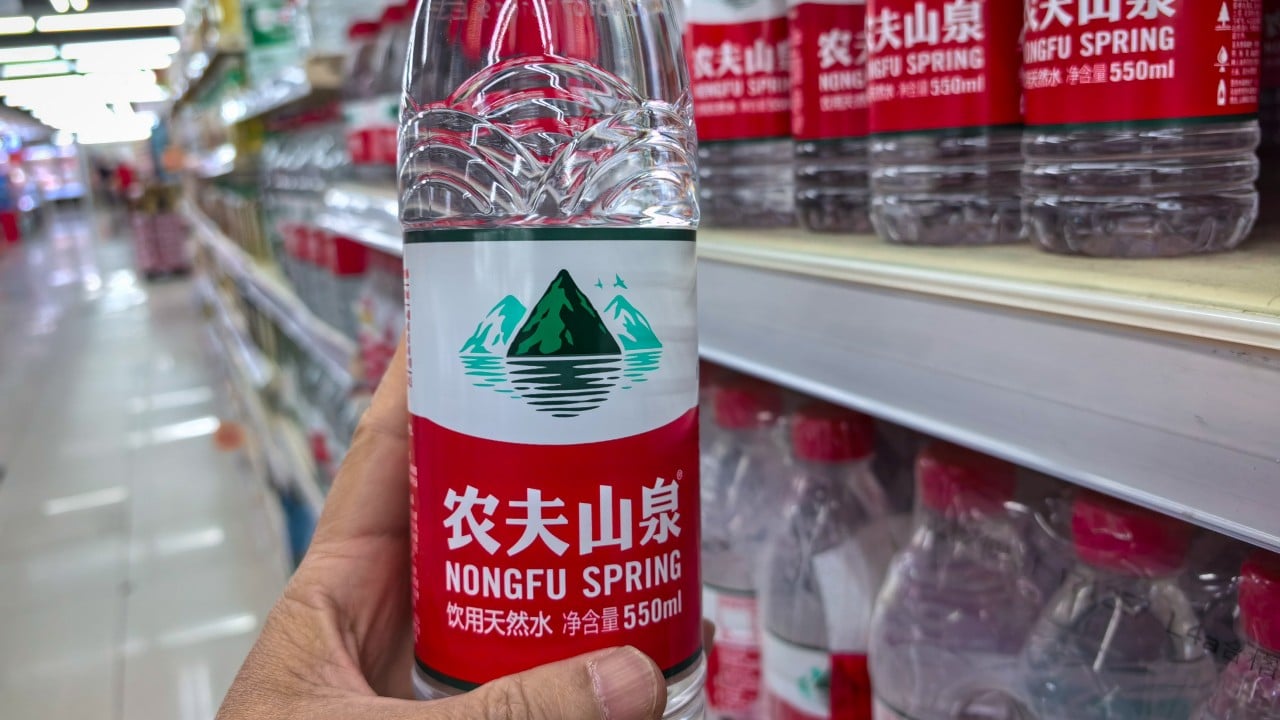Mainland China’s biggest producer of bottled water has slammed an “extremely unscientific and irresponsible” report by Hong Kong’s Consumer Council and demanded an apology after the watchdog said the product was on the EU limit for a potentially dangerous chemical.
Nongfu Spring issued a legal letter on Tuesday that sought to rubbish a recent council report that found the company’s bottled water contained bromate at the maximum level of European Union quality standards.
The report said that excessive intake of the chemical could lead to discomfort or even affect consumers’ nervous systems.
The council warned that consuming large amounts of bromate could cause nausea, abdominal pain, vomiting and diarrhoea and affect the kidneys and nervous system in severe cases.
But Nongfu Spring rejected the findings of the report and said the council had applied incorrect standards to evaluate its product and misled the public through subjective misrepresentation.
The company, in the legal letter issued by a Hong Kong law firm, questioned the council’s decision to classify the bottled water as “natural water (deep lake water)”, but applied an EU standard applicable to “natural mineral water”.
“In fact, the Nongfu Spring natural spring water products, if evaluated based on the European Union standards, should have been assessed against the EU drinking water safety standard, not the natural mineral water standard,” the letter said.
Bromate is formed when ozone used to disinfect drinking water reacts with naturally occurring bromide found in source water.
The Hong Kong watchdog tested 30 bottled water products sold in the city and the council pointed out that products sold as Nongfu Spring and Ganten – both mainland brands – contained bromate that hit the EU’s limit of 3 micrograms a litre for bottled water.
The EU safety standard for bromate in drinking water, in contrast, is set at 10 micrograms a litre.
The council report also highlighted that the International Agency for Research on Cancer had classified one type of bromate, potassium bromate, as a possibly carcinogenic to humans.

The watchdog confirmed on Tuesday in a written reply to the Post that it had received the legal letter and that a response was being prepared.
The council did not reveal what steps it would take, but stressed it had clearly stated that the 30 test samples did not register harmful substances that contravened World Health Organization guidelines, and that all were safe to drink.
It added the focus of its report was on the cost-effectiveness of the samples and the environmental impact of the plastic bottles, rather than on potential health concerns linked to the products.
The company argued that its products, sold in mainland China and Hong Kong, should be measured against local standards, which it insisted it adhered to.
It also accused the council of the inappropriate application of third-party standards to products sold in Hong Kong.
Nongfu Spring added that the report had also ignored differences in production and technical specifications under varied regulations, and overlooked ozone treatment effects.
“The conclusions drawn are extremely unscientific and lack rigour,” Nongfu Spring said.
The drinks giant also criticised the council for not using conclusive terms such as “qualified” or “failed”, but instead relied on vague phrases such as “reaching the upper limit”, which potentially misled consumers about product safety.
It questioned what the council meant by “large intake” in its report and quoted a study by the New York State Department of Health that showed people who experienced nausea, vomiting, diarrhoea and abdominal pain had been exposed to bromate levels “thousands of times higher” than the levels detected in the tested products.
Nongfu Spring demanded an immediate clarification and apology to mitigate the damage caused by the council report, which had had a “significant negative impact” on the company’s bottled water brand.
It also threatened further action if the council failed to comply.


